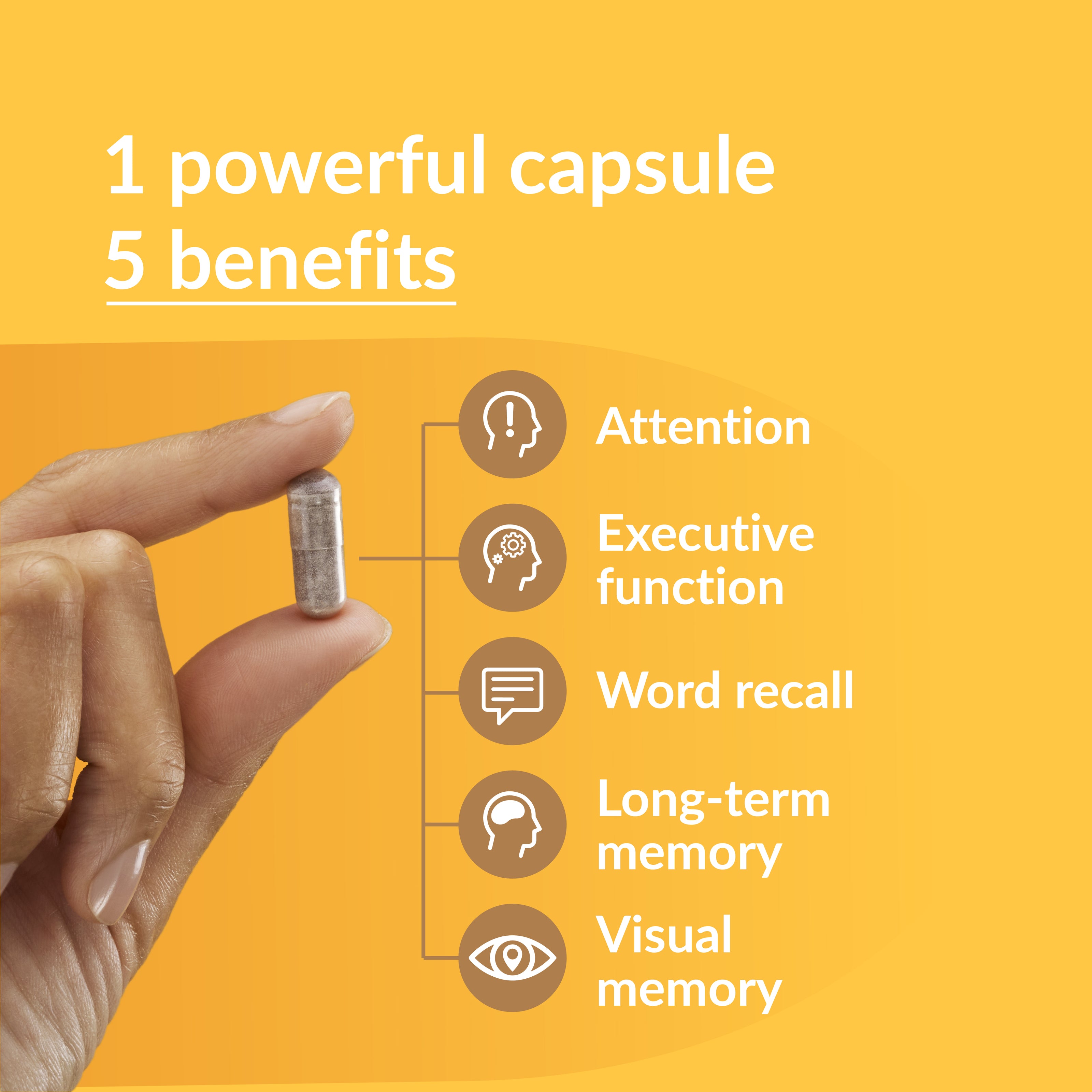
Want better brain function? Sharpen your executive cognitive functioning skills
Let’s say you’re juggling multiple hot projects at work, some with shifting deadlines, others dependent on coworkers’ collaboration. At home, your son needs help navigating the college application process. His little sister has a packed sports schedule, plus driving lessons. And homework supervision. Of course, the family also needs to eat and, ideally, wear clean clothes. The dog has an ear infection and grandpa is having surgery next week.
Sound familiar?
Managing our busy lives relies on your brain’s ability to perform, specifically relying on what is called “executive cognitive function (EF). Think of EF as the conductor of the orchestra in your brain. EF helps you see the big picture – what matters and what doesn’t, then simultaneously organize and plan, using multiple sources of information. It helps you set priorities, know what to do and how to get it done on time.
We’re not born with executive functioning skills; they develop over time and with experience. In fact, the part of the brain that manages executive functioning – the prefrontal cortex – doesn’t fully develop until you’re in your mid to late 20s. And not everyone’s EF skills are the same. Some people are great at all aspects of EF, while others struggle in certain areas (maybe time and materials management or working memory) and some face challenges across all facets of EF.
Regardless of where your EF skills are, an overload of tasks and responsibility will strain even the most highly developed prefrontal cortexes.
Here’s the good news: There are many ways to support and strengthen your EF skills, especially as you age.
-

Create organization systems.
Play to your strengths … do you learn better through visual cues, auditory or written? Find your learning style and use it to create checklists, agendas, planning boards … explore what works best for you!
-

Break larger tasks into manageable components.
“Chunking” tasks helps you overcome project paralysis and learn a more strategic approach.
-

Take advantage of technology.
Use phone reminders, calendar apps, dictation apps, note taking apps, and time trackers.
-

Take brain breaks.
Even a five-minute walk outside or a quick meditation session improve focus and productivity.
-

Stay hydrated.
Being dehydrated can affect your brain and your body.
-

Love your brain like your body.
Eat well. Move regularly. Get the right amount of sleep. Your brain is an important organ that needs the same important care your body needs for its health.
- Support with a supplement. Our favorite is CocoaVia™ Memory and Focus – it’s designed with a special blend of ingredients for a healthy brain to help you stay focused, boost memory and support brain function. In fact, one powerful capsule of CocoaVia™ Memory and Focus includes:
-

Cocoapro+™ Proprietary Botanical Blend:
This unique blend contains the same clinically proven Cocoapro™ cocoa extract found in all CocoaVia™ products which supports healthy blood flow to the brain. The cocoa flavanols in Memory & Focus, in combination with bioactive flavanol (-)-epicatechin, work together to promote brain performance.
-

FloraGLO® Lutein:
Made from marigold flower extract, lutein is clinically proven to support cognitive health, including visual memory, and is widely known to promote eye health. It helps protect visual health by filtering blue light from electronics and daily screen use.
-

Naturally-sourced Caffeine
Each 1 capsule serving contains 50 mg of caffeine, the same as ½ cup of coffee or 1 cup of tea, to give you an added boost to your day.












